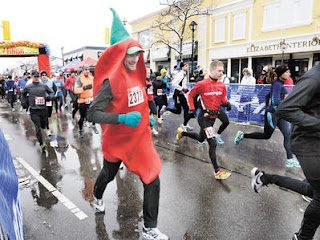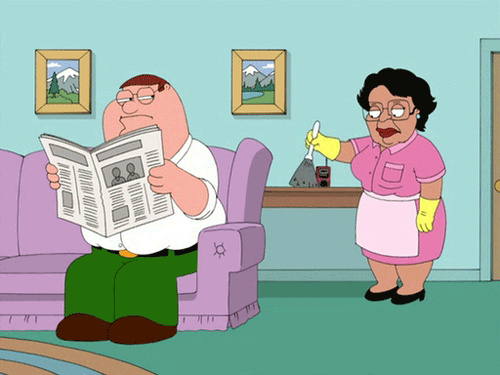 |
| FUUUUUUUUUUUU |
Rental cars...I don't know what to say. Sometimes you just have to say "fuck-it" and suck it up. I have never rented before and assumed that I had already paid for the rental car when I had purchased the rental agreement before I left Canada. no, no, no, no. This simply covers the cost of literally "renting" the car only. It doesn't include insurance (which is insane) and taxes (equally insane). On top of the $175 I had already paid, to get the car I had to pay another $333 US to the least enthusiastic spanish-speaking man I have ever met. On top of this he asked if I would like to upgrade to a convertible. I literally laughed at him, probably not necessary but I thought that was kind of ridiculous considering my reaction to these new costs. Anyway, I got my Ford Focus, shoved my bike and hockey bag in the back and set the proverbial sail for Haines City. Just blare some music and everything will be OK.
 |
| We just need the deed to your house and your kidneys and you can be on your way. |
My first day was kind of an adventure. After breakfast - which was eggs, greek yogurt, granola bark, and a double espresso - I drove to the race venue in Haines City to scope out the area. There was also a community pool at the race site where I planned to do my swim for the day. Of course, there's a detour and the only road I know is closed. So I drive for 10 minutes through rows and rows of orange trees until I get to somewhere in Haines. I knew I had to go west so I just took a left, then a right, then another left and bang - race site. I walked around to see the tents being set-up then walked into the community center. The pool apparently wasn't open yet and wasn't going to be open until Saturday. Not exactly something I wanted to wait for. They suggested I go to the Winter Haven pool instead, so I did. Another 30 minutes of driving and I was in Winter Haven.
I never really feel that lost, even though I have no maps or GPS, because if I ever can't find my way I just keep driving until I find a McDonald's. There's always a McDonald's. And they all have free-WiFi. Sure enough, after enough driving where I felt I might be getting lost, I pulled into a McDicks. This was no ordinary McDicks. First thing I notice is the clear-top Yamaha grand piano sitting in the lobby, just waiting to be played. I walk passed resisting the urge to play something and order a small coffee while I connect to the WiFi. When I went to pay, the woman working told me it was free. She handed me my coffee and I walked to the bench. If anyone saw me, it would have been obvious I was trying to figure out if I was dreaming. What McDonald's has a grand piano just sitting in it. Turns out, the pool I was looking for was one block further so I headed over and parked.
 |
| Roudy Pool in Winter Haven. If this is winter, sign me up. |
Last time I went to swim, it was $15 per swim or $55 for the week at the National Training Center in Clermont. This was different. Long Course pool with 10 lanes, open swim from 11am to 5pm...$2. Jackpot. The only catch was the lack of lane ropes, i.e. there were none. But that didn't matter, I was the only one in the pool, and there aren't any lane ropes in a triathlon anyway. I finished my swim in the sun (outdoor swimming is just the best thing ever), grabbed some groceries, and went back "home".
Next was a quick 1-hour run to loosen up the legs and then the rest of the day off. I look forward to dinner tonight, which is going to be fresh grouper. First day all went according to plan, lets hope the rest of the week can stay the same.















